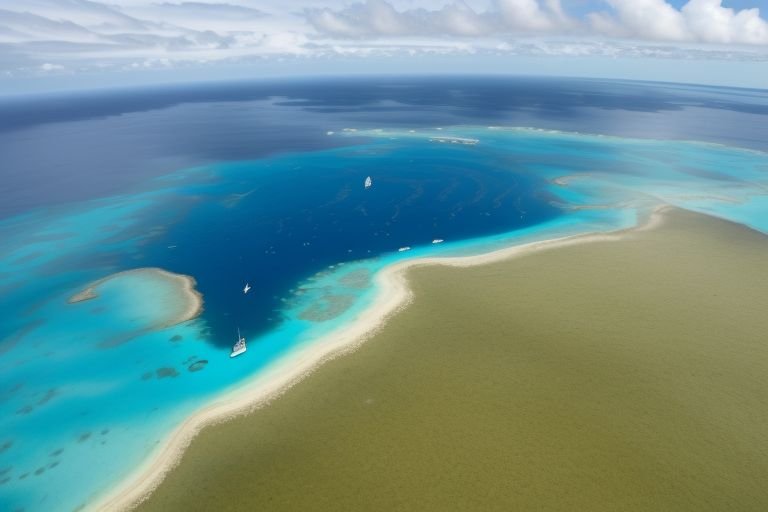The Philippine has vociferously condemned Chinese drill in waters close to a contested reef as ‘unwarranted and unlawful and dangerous. ’ The dispute between the two nations in the South China Sea area is considered one of the world’s most contentious territorial waters.
Thus, the conflict is provoked by the reef that is considered by China and the Philippines, among other countries, as an integral part of their economic zones.
Manila has raised a lot of alarms on the activities of China in the region especially on issues of aggressive expansionism and military demeanour in the region. The Philippine government’s stand also becomes reverted to the general inquiry on the assertiveness of China’s territorial ambition and how this pose impact the Asia Pacific region.
That China was reckless enough to engage in these activities is well known, however, this decree reveals the stand of the Philippines in international law and sovereign immunity. The South China Sea has been an area of confrontation for a long time now because many countries lay claim to it and even to this date, there are many issues concerning borders and even resources in the sea.
Even more so, the Philippines and the rest of the other members of the claimants have opposed Chinese aggression and have tried to preserve the territorial waters through legal means specifically the UNCLOS.
The second, which refers to a range of article’s topics, is ‘reckless’ that might be associated with anxiety for the further deterioration of the conflict due to China actions.
Security forces or armed forces further escalate the tensions in the areas of conflict and probabilities of possible events that may contribute to the emergence of a conflict and pose threats to stability also rise. The Philippines’ critique signifies concern with the security motivations of China, as well as outcomes to which it bear on peace in the region.
This diplomatic aggression is only one of numerous comparable events in China’s relations with its neighbors concerning the territorial claim to the South China Sea. The region is blessed with natural resources, and it’s of paramount importance hence many countries have concern on the area.
The action that is likely to follow from the Philippine angle would most probably be to seek diplomatic solutions, may be canvass for allies and other international reactions to approach the situation or to counter the Chinese moves.
Consequently, steps of the international community towards the conflict will usher a great effect in emplacing the general process in the SCS. Others with an interest in the country are the United States and members of the Association of Southeast Asian Nation (ASEAN) may get dragged into the situation and have diplomatic and/or economic impacts.
In the years past, should one party start to express on the other’s misdeeds particularly the Philippines this time around Beijing might feel provoked to defend its mechanisms within the conflicted zone therefore increasing the diplomatic enmity.
It demonstrates why diplomacy and diplomatic activities are necessary in order to sustain stakeholders’ communication and to seek ways of giving one another reassurances not to engage in armed warfare regarding ownership of territories.
In conclusion, the emergence of new today’s antagonisms and the development of the South China Sea dispute can be traced by an example of the intensified resistance made in Philippines regarding the reef in question.
Measures in regard to China are framed as ‘unjustified, illegal and reckless’ actions that directly address sovereignty, law and security. But still it remains rather an unstable status that in some respect influences not only bilateral relations between the two countries but also other countries of the region.




















+ There are no comments
Add yours